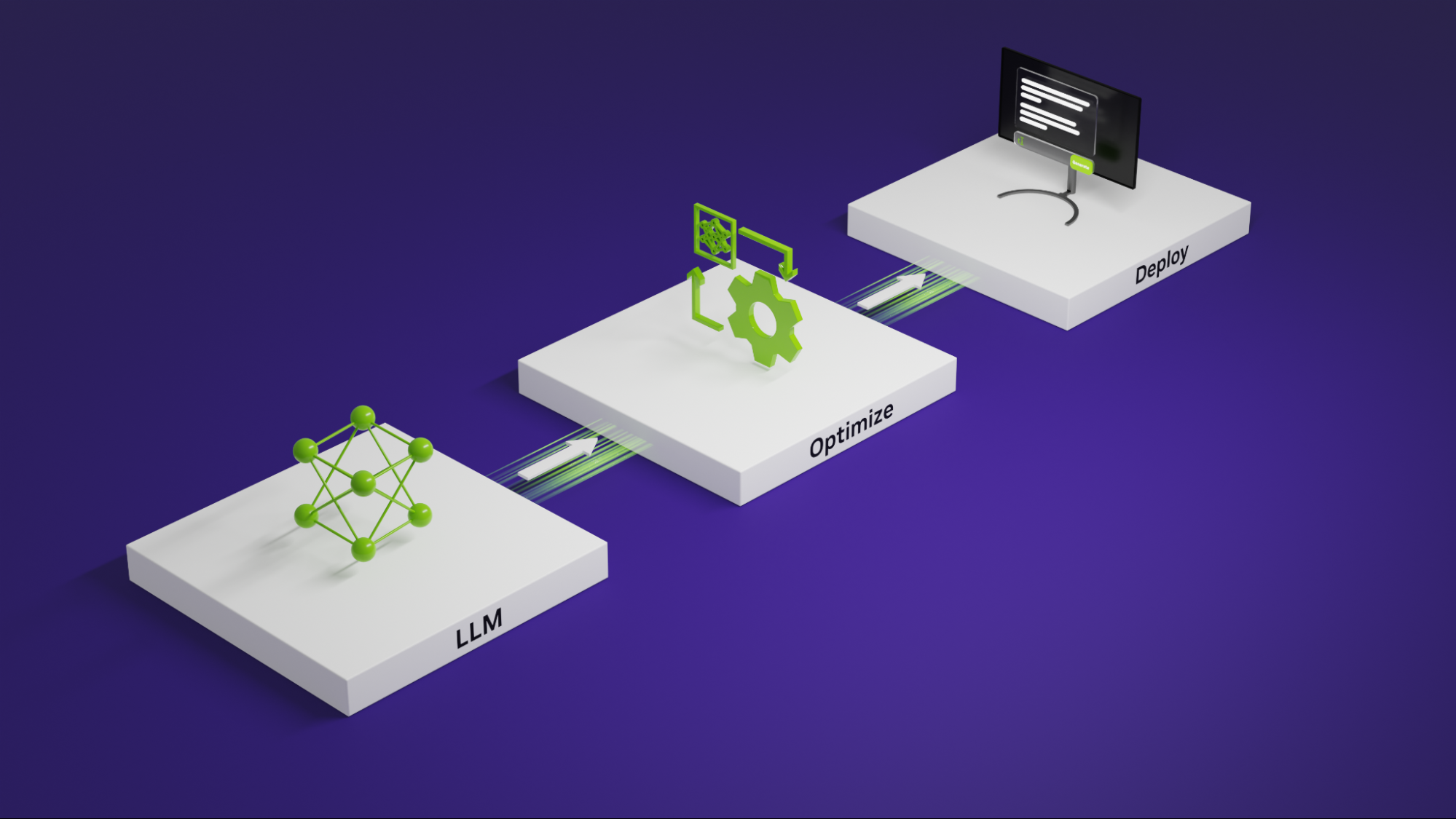
Beyond the Canvas: FrameTuner Refines the Digital Craft for Studios

Beyond the Canvas: FrameTuner Perfects the Art of Digital Design
We are thrilled to announce the successful completion of Phase Two of our Core Rendering Optimization Initiative. This pivotal milestone significantly enhances the efficiency and speed of digital content creation for our studio partners. The phase focused on integrating advanced GPU management protocols, directly addressing critical bottlenecks in high-fidelity 3D rendering. Our advancements now enable studios to achieve higher frame rates and reduced processing times, ensuring a more responsive workflow. Key efforts involved fine-tuning algorithms to effectively optimize GPU with MSI Afterburner settings, delivering a tangible 3D render lag fix MSI Afterburner that improves project turnaround. This represents a substantial leap for FrameTuner in refining the digital craft.
The Core Rendering Optimization Initiative spanned a rigorous six-month development cycle, utilizing an iterative methodology focused on deep performance profiling and algorithm refinement. Our process involved extensive data analysis across various rendering engines and GPU architectures, conducting hundreds of simulated tasks to identify bottlenecks. A crucial development was a new dynamic resource allocation system, designed to intelligently distribute computational load across available GPU cores. This system actively prevents resource contention and predicts upcoming processing demands, pre-allocating resources for seamless transitions. Beta testing with select partners provided invaluable real-world feedback, shaping the final iterations. This collaborative approach ensured the solution is robust, scalable, and directly addresses the practical needs of high-demand production environments.
This achievement was made possible by the dedicated efforts of our exceptional team. The project was spearheaded by Dr. Anya Sharma, Lead R&D Engineer, whose vision guided the technical architecture. Mark Jensen, Senior Software Developer, was instrumental in implementing core optimization algorithms. Sarah Chen, QA Lead, ensured robustness and stability through rigorous testing. The 'Core Optimization' squad, including David Lee (GPU Systems Specialist) and Emily Rodriguez (Performance Analyst), contributed tirelessly to overcome complex challenges. Their collective expertise and commitment to pushing digital rendering technology boundaries were truly inspiring for FrameTuner.
Technically, the project faced formidable challenges: navigating diverse GPU architectures and ensuring consistent, stable performance across varied hardware. Our strategy involved low-level API optimizations for throughput and adaptive performance scaling, dynamically adjusting GPU parameters based on real-time workload. We leveraged specialized tools, including proprietary profilers and industry-standard benchmarks, for performance analysis. Refined integration with utilities like MSI Afterburner enabled granular control and real-time GPU monitor 3D workflows. This approach ensures robust, adaptable solutions, reinforcing FrameTuner's commitment to advanced GPU tuning for animation studios.
Looking ahead, Phase Three will focus on expanding our optimization framework to cloud-based rendering environments and integrating AI-driven predictive analytics for greater efficiency. We anticipate further enhancements to redefine industry standards.




Dwayne Cunningham
Fantastic news! This 'Core Rendering Optimization Initiative' sounds like a game-changer for our studio partners. The focus on real-time performance and reduced processing times is exactly what the industry needs. Great work, team!
Dominic Kelly
Thank you for your enthusiastic feedback! We believe these advancements will indeed bring significant value to our partners. We're continuously striving to meet and exceed industry needs.
Sheila Parker
It's good to see progress on the optimization front. I'm particularly interested in how the new dynamic resource allocation system performs under extreme loads. Will there be a more detailed technical deep-dive available soon?
Quentin Gomez
That's an excellent question! We are planning a series of internal webinars and technical documentation releases in the coming weeks that will provide a more detailed look at the dynamic resource allocation system's performance under various scenarios. Stay tuned!